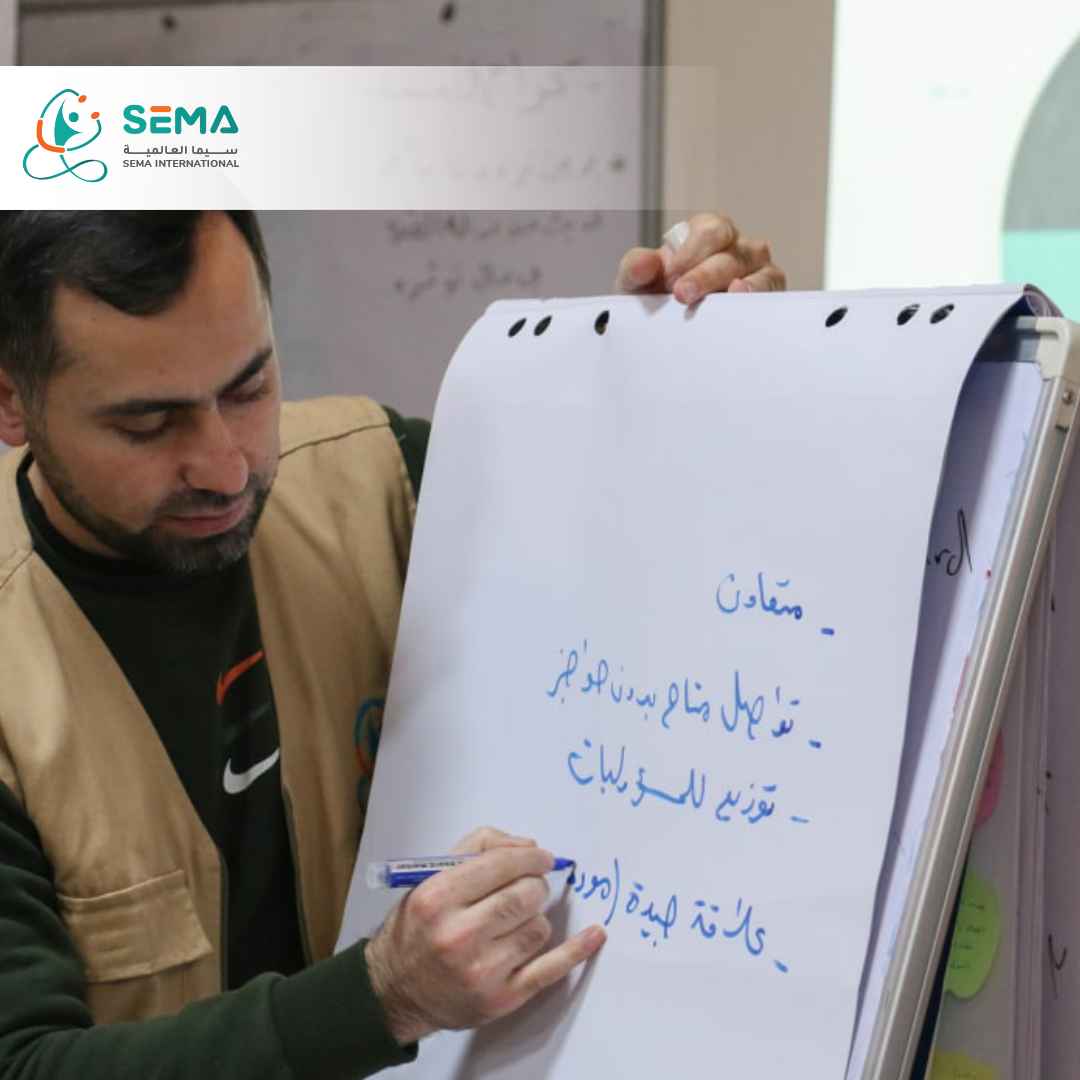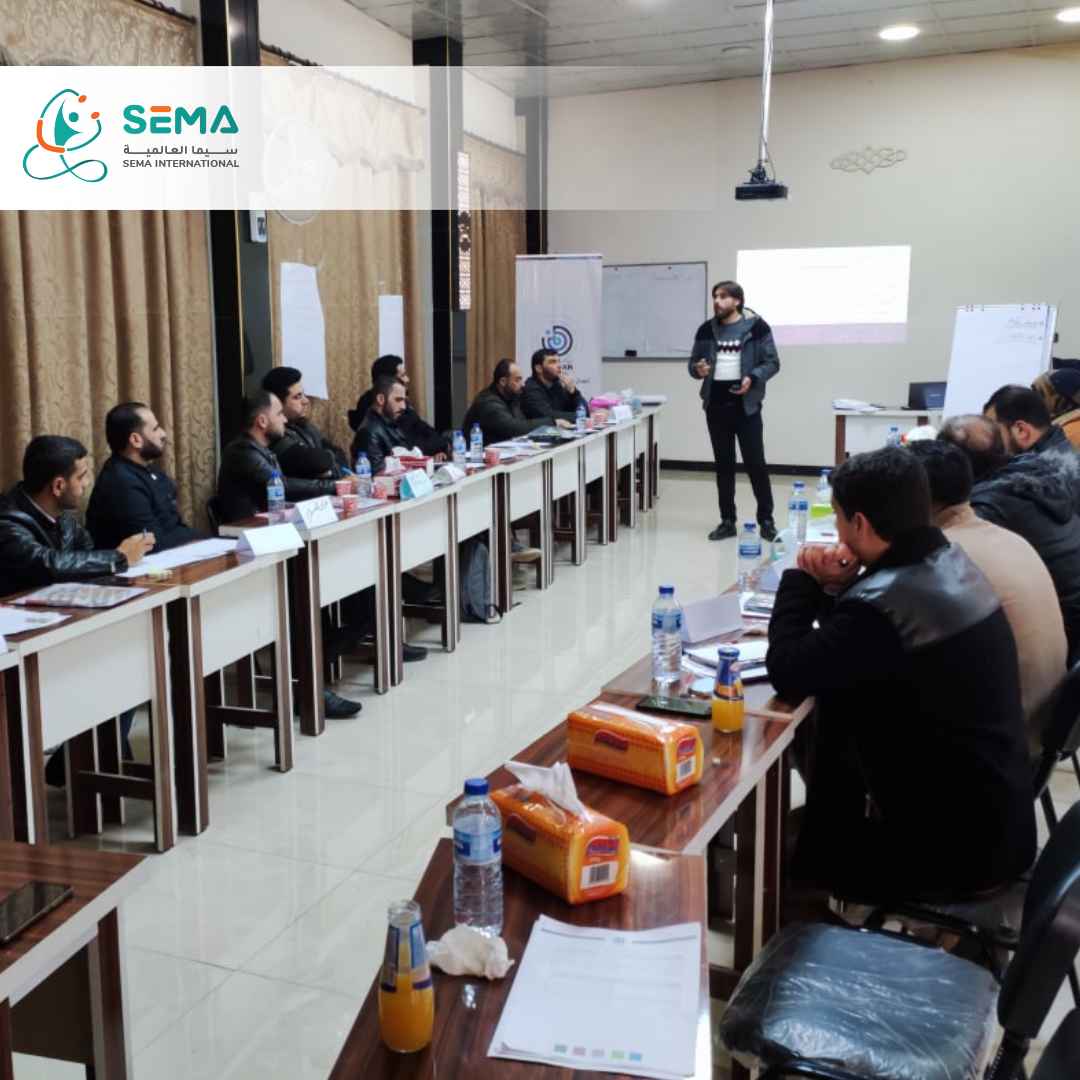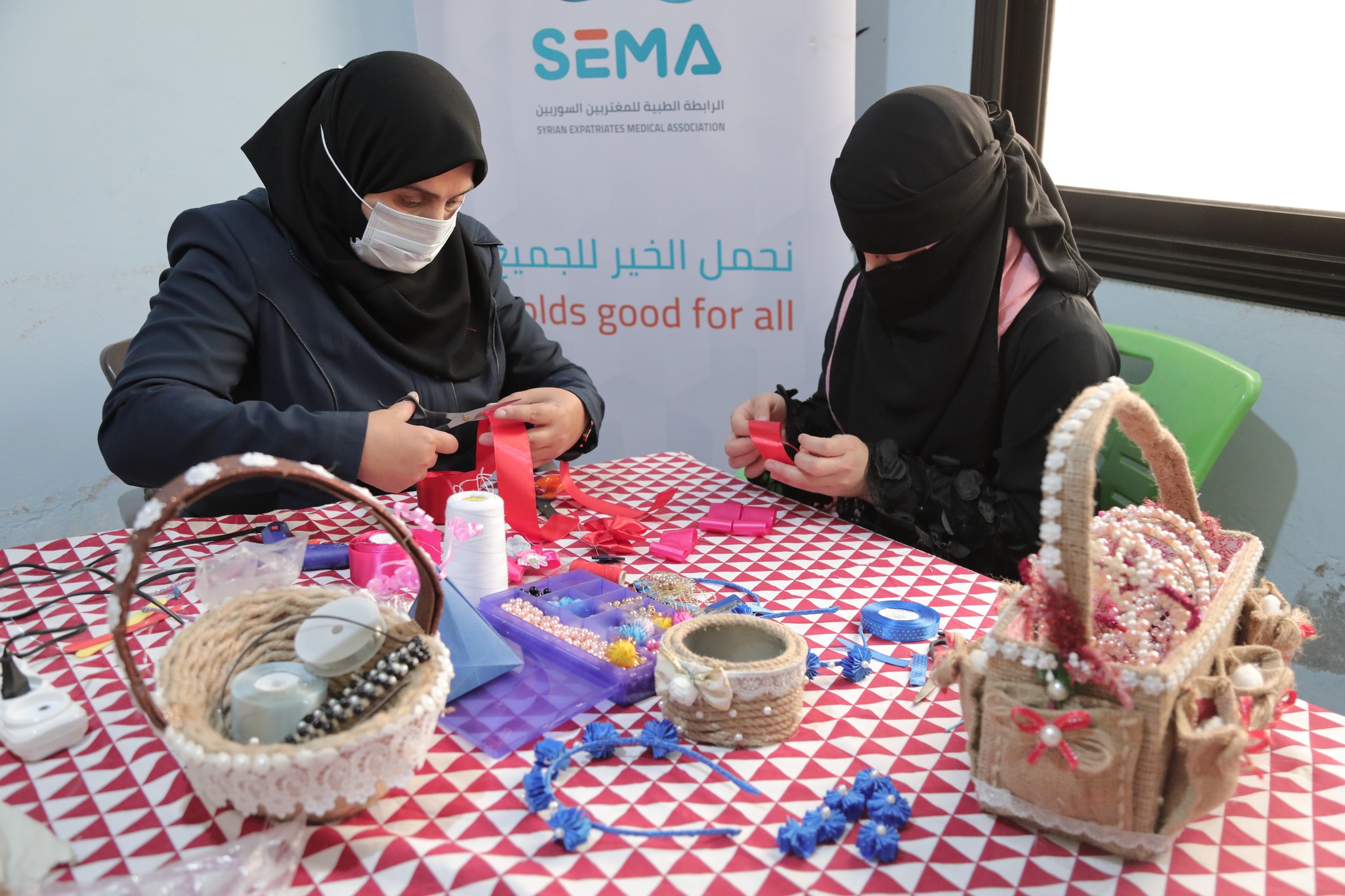The world is witnessing the highest levels of displacement recorded in history, and the refugee crisis is increasing in scale and complexity.
According to the UN Refugee Agency (UNHCR), in mid-2022, the number of forcibly displaced refugees exceeded 100 million humans, of whom 74% hosted in low- and middle-income countries.
Importance of Micro Projects for Refugee
Millions of refugees left their homelands to escape war, persecution, and humanitarian violations and lost their money, homes, and jobs. Therefore, one of the most effective ways to rebuild their lives in dignity and peace is through the opportunity to work and earn a living.
Micro projects can help improve the lives of refugees and their families, provide a permanent livelihood solution and rebuild their future!

Benefits of Supporting Micro Projects
Small, medium or micro Projects make up more than 95% of enterprises in the world; it provides tremendous economic growth, income, and job opportunities. Supporting refugee micro Projects has many economic, cultural, and social benefits for refugees and host communities at the same time.
The following are some of these benefits:
- Promoting the integration of refugees: Micro projects help refugees integrate into the host society quickly and efficiently, overcoming many obstacles.
- Improving the mental health of refugees: The refugee’s ability to secure his livelihood restores his self-confidence and protects him from sinking into depression.
- Preservation of Cultural Heritage: Micro projects can also help refugees preserve their cultural heritage by giving them opportunities to pass on traditional skills to the next generation.
- Positive impact on the host country’s economy: There are many successful experiences in which refugees support the economy in the land of asylum.
- Micro projects can help Empowerment of refugees :refugees rebuild their lives and gain a sense of autonomy and empowerment by allowing them to take charge of their future.
- Job creation: Micro projects often create jobs within the community, helping to improve the local economy and reduce unemployment.
- Sustainable development: Micro projects are usually focused on addressing local issues and using local resources, making them more sustainable in the long term.
How to Find and Support Micro Projects
There are many ways to find and support micro projects in your local community and other countries. Here are a few suggestions:
- Connect with non-governmental organizations (NGOs): Some relief organizations, like the “SEMA” organization, support refugees to start their micro projects.
- Check with local organizations: Many local organizations, such as community-based organizations and municipalities, implement micro-projects that align with the needs of their community.
- Attending events that bring together owners of small business ideas with financiers and investors.

Types of Micro Projects for refugee
There are many great micro-project ideas that refugees can start and grow, such as:
- Food and cooking projects: Many refugees come from cultures with rich culinary traditions. Starting a food truck or catering business can allow them to share their traditional dishes with their host community and earn an income.
- Handicrafts: Many women refugees have skills in traditional crafts such as weaving, sewing, and pottery. They can support their families by securing additional income.
- Agriculture projects: Many refugees come from rural backgrounds and have experience working in agriculture. Micro projects focusing on farming or gardening can help refugees grow food and earn a living.
- Small shop: Another great idea is to help refugees open a small shop selling food and household items.
- Maintenance shop: Some refugees have high experience in car or electrical device maintenance and many others. But they need financing to purchase the necessary equipment and tools to start their project.
These are just a few examples, and it’s important to note that the essential factor is to ensure that the business is tailored to the refugees’ skills, interests, and resources available in the host community.
Additionally, providing business training and mentorship can be very helpful for refugees to start and grow their businesses successfully.
Read More about Cash For Work Projects to support Refugees
Invest in refugees host countries
SEMA International is a non-profit organization that aims to supporting micro projects that have a positive impact on various communities, including refugees. We focus on grassroots initiatives that have a positive impact on local communities, particularly in areas such as education, healthcare, entrepreneurship, and sustainable development.
As mentioned earlier, most refugees live in low- and middle-income countries, and your investment in these countries will amount to humanitarian work, which is essential to promoting stability and economic growth and meeting the needs of refugees.
FAQ
Why is it important to help refugees?
Helping refugees is a moral and humanitarian duty, as it has many economic, cultural, and social benefits for refugees and host countries.
What is the best solution for refugees?
The best way to support refugees is to focus on durable solutions to help more dignified, inclusive, and comprehensive programs for refugees and the communities that host them. Such as providing financing for Micro projects through which refugees can earn a living.
What is meant by micro projects?
Small projects refer to supporting projects that address community issues dedicated to specific groups of people, such as refugees, where these projects have a noticeable impact on improving their lives and providing them with a permanent source of income.
What is the Syrian refugee project?
One of the most critical projects that the UNHCR has set up is the Syrian Resettlement Program. This program aims to help the most vulnerable category of Syrian refugees, such as torture survivors, women with children, and patients with severe medical conditions.
What do refugees need most?
Refugee households need mainly financial assistance to stay above the poverty line. Financial assistance is imperative since refugees need to cover many expenses that include: health care, food, energy, education, shelter, and other domestic services.


